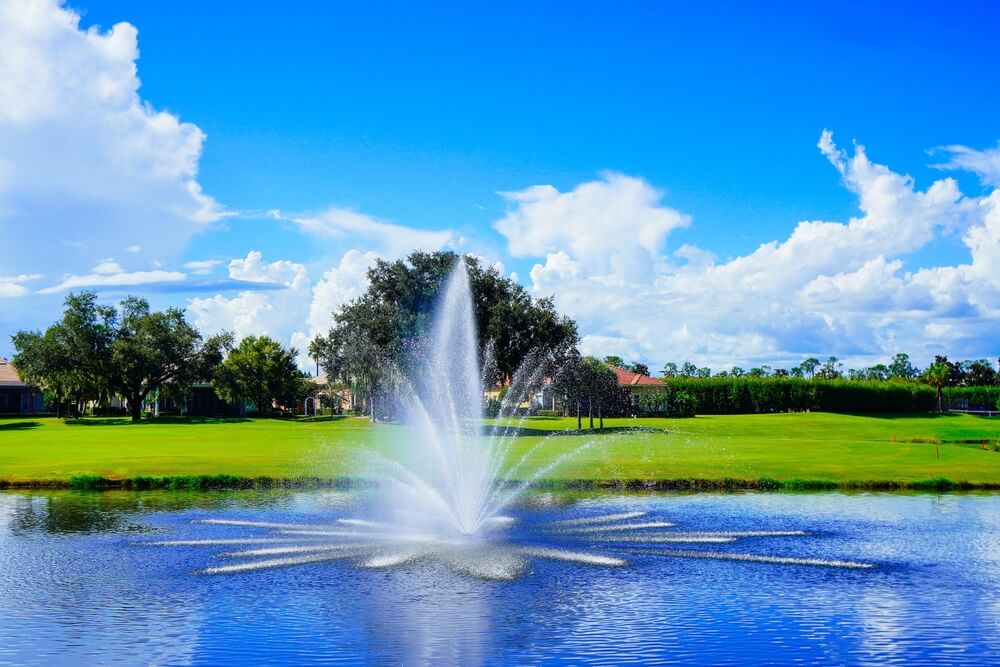
Is Tap Water Really Safe?
If you’re a Naples homeowner wondering whether your family should drink water straight from the tap or invest in a filter, you’re not alone. Every day, millions of people use city water to cook, clean, and stay hydrated—but many still wonder: Is it safe? And more importantly, is it clean enough for my kids?
This guide breaks it all down in simple terms. You’ll learn how the city treats water, what might still be in it, and how to decide if a filter is worth it.
How City Water Is Treated
Naples city water goes through several steps at a treatment plant to make it clean and safe:
1. Collection
Water is pulled from lakes, rivers, or groundwater sources.
2. Coagulation and Flocculation
Chemicals are added to help dirt and particles clump together.
3. Sedimentation
The clumps settle at the bottom of a tank and are removed.
4. Filtration
The water passes through sand, gravel, and charcoal filters to catch smaller particles.
5. Disinfection
Chlorine, ozone, or UV light is used to kill bacteria and viruses.
Once treated, water travels through underground pipes to your home. In most U.S. cities, this system is regularly tested and meets federal safety rules.
What’s Still in Tap Water After Treatment?
Even though tap water is treated, small amounts of other things can still be present. These aren’t always dangerous, but they can be a concern—especially for sensitive groups like kids, older adults, or those with health conditions.
Here’s what might still be in your tap water:
- Chlorine: Used to kill germs, but can leave a strong taste or smell.
- Lead: Can enter water from old pipes, especially in homes built before 1986.
- PFAS (“Forever Chemicals”): Man-made substances used in non-stick pans and waterproof clothes. They’re hard to remove and may affect health over time.
- Microplastics: Tiny bits of plastic from bottles or clothes that end up in water.
- Nitrates: Often from fertilizers; risky for babies and pregnant women.
Not every home has these in their water—but it's possible. Water quality can also vary by city, season, and even neighborhood.
When You Should Consider Filtering
Not everyone needs a water filter—but in some situations, it’s a smart move. Here are signs that a filter could help:
- You live in an older home: Homes built before 1986 may have lead pipes or fixtures.
- You don’t like the taste or smell: Filters can improve chlorine-heavy or “metallic” water.
- You’re pregnant or have young kids: Extra protection never hurts when your immune system is more sensitive.
- Your city has had water safety violations: If there’s been a past issue (like lead, bacteria, or PFAS), using a filter is wise.
- You use a private well: These aren't treated by the city and should always be tested and filtered if needed.
Want to be sure? Start by ordering a free water quality report from your local water provider or visiting the EPA's Consumer Confidence Report tool.
How to Check Your Water Quality
You don’t need to become a water expert to know if your home’s tap water is safe—we’re here to help with that.
Instead of digging through reports or buying test kits, contact us for a personalized water review. We can help you understand what’s in your local water supply, what it means for your home, and whether a filter could make a difference.
We’ve reviewed water quality reports across hundreds of cities and can give you clear, honest advice—without the confusion.
Bottom Line: Should You Filter Your Tap Water?
So, what’s the final answer?
If you trust the Naples water system and don’t have old pipes, your tap water is probably safe to drink. The EPA sets strict rules, and most U.S. cities follow them.
But that doesn’t mean it’s perfect.
Filtering can remove leftover chemicals, metals, and bad taste—giving you cleaner, fresher water and peace of mind. It’s especially helpful if:
- You have kids or elderly family members at home
- You’ve had plumbing problems or live in an older house
- You simply want better-tasting water
Think of a filter as a booster—not a must-have for everyone, but a smart step if you want extra protection.
City tap water is treated and usually safe—but not perfect. Contact us today for a custom water review to find out how you can make your water safe for you and your family!
Read Our Blog

When Your Lake Fountain Starts Looking Tired, Maintenance Is the Fix
When maintained properly, your fountain becomes more than a visual feature. It becomes a symbol of your community’s commitment to quality, care, and environmental stewardship.

Will City Water Kill Minnows? What Every Fish Owner Needs to Know
Learn how to prevent the chemicals in your water from killing your fish.

Why Your City Water Needs More Than Basic Treatment
Water flows through pipes and brings life to our homes. But what lurks beneath the surface? Our relationship with water runs deeper than most realize. Every shower, every glass, every splash in our...
